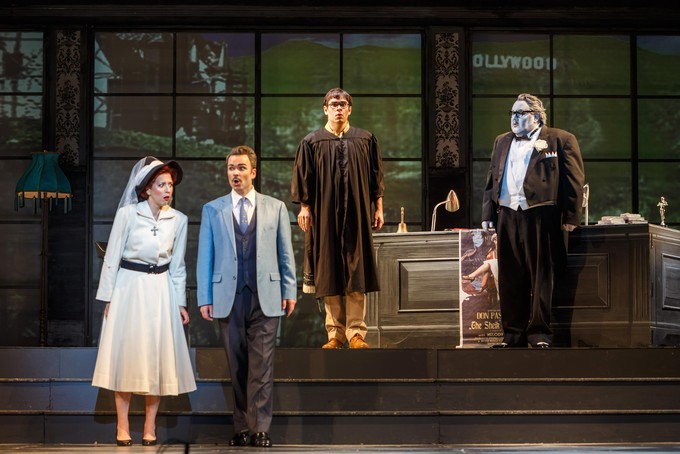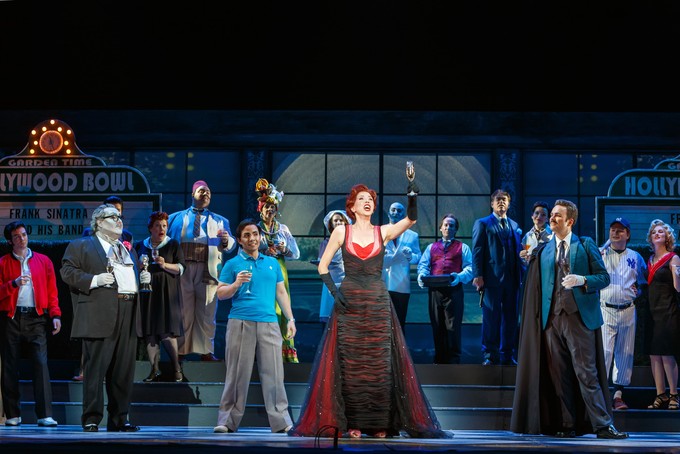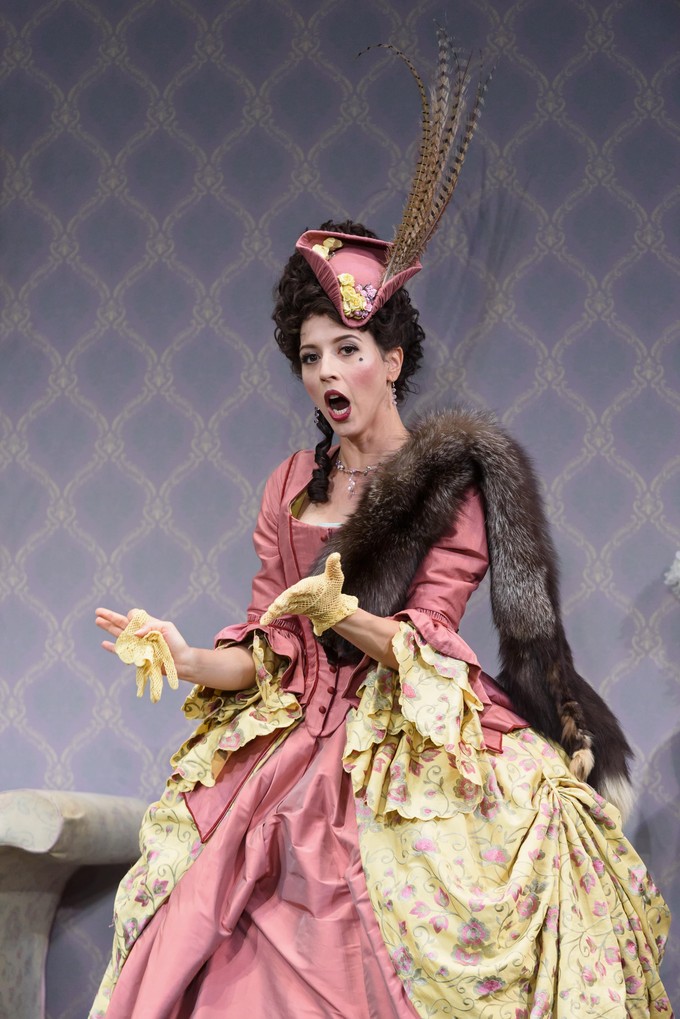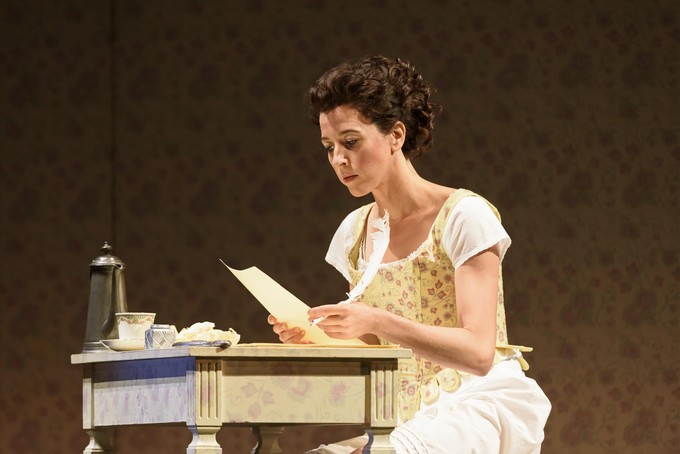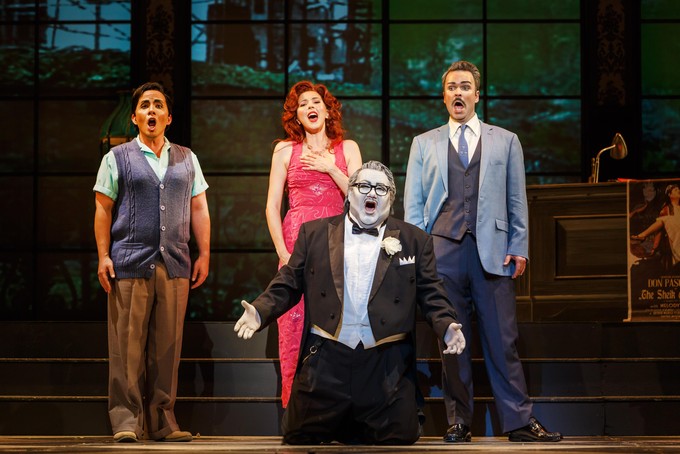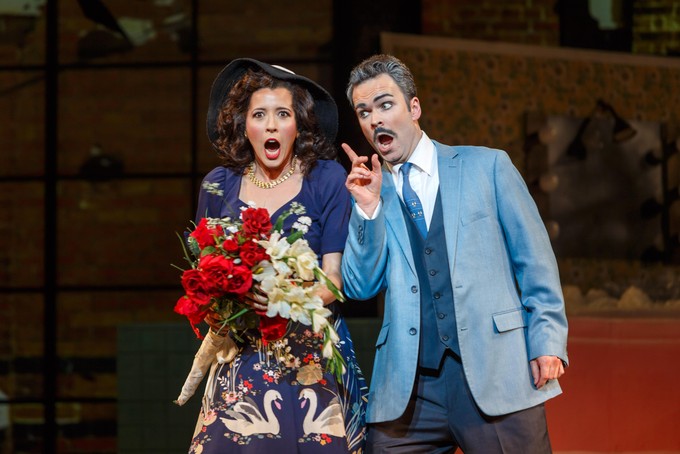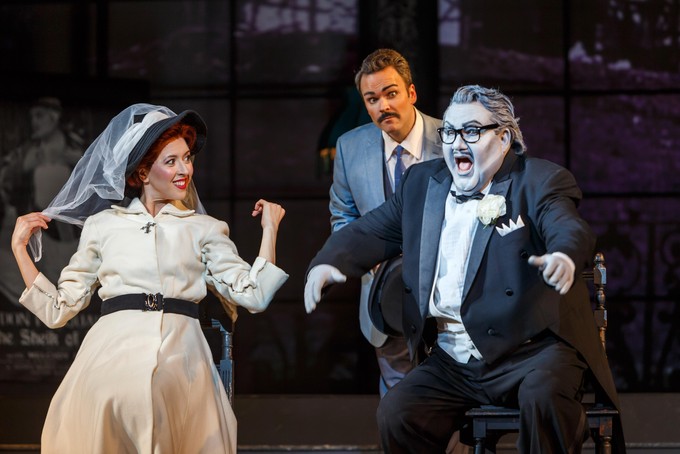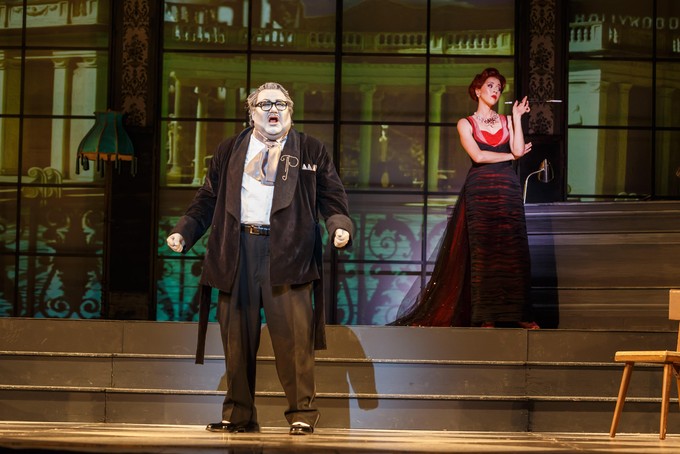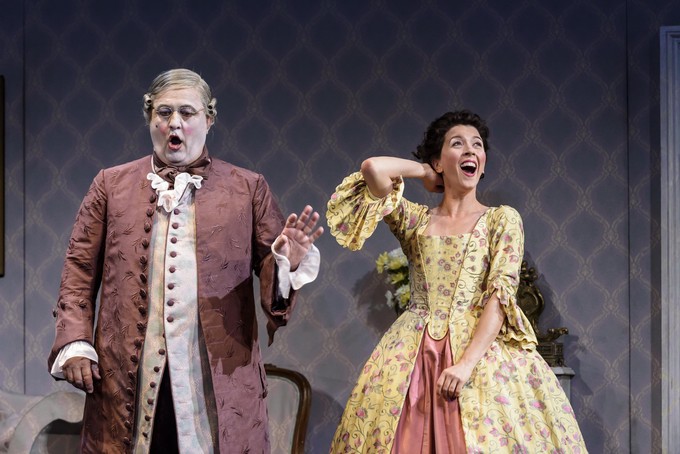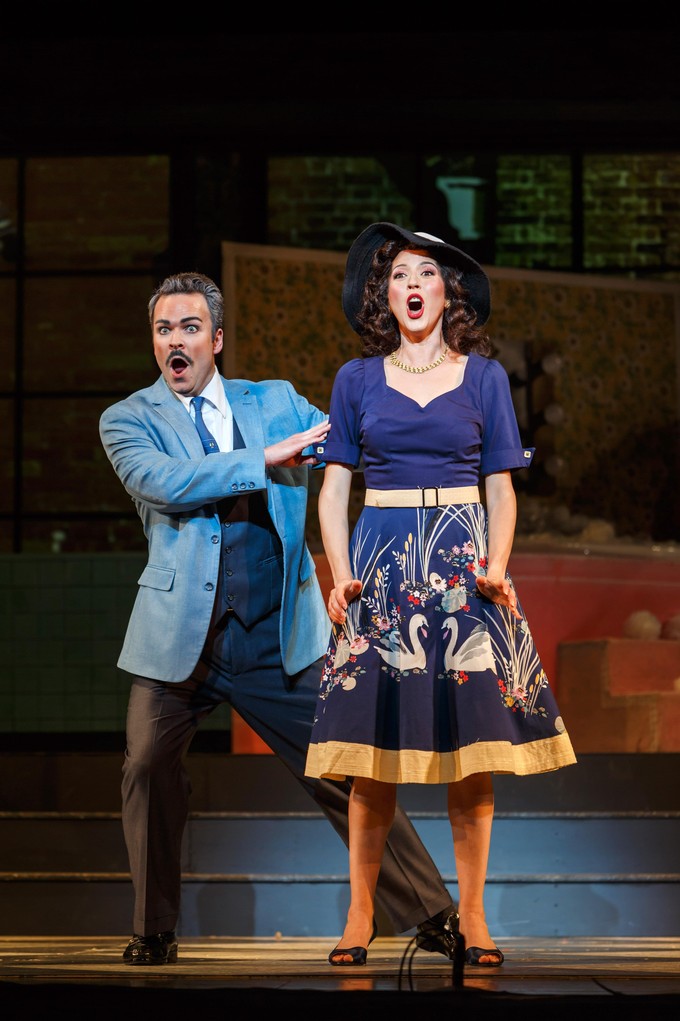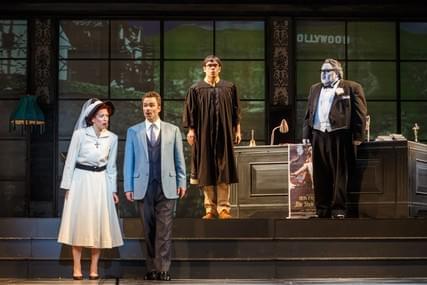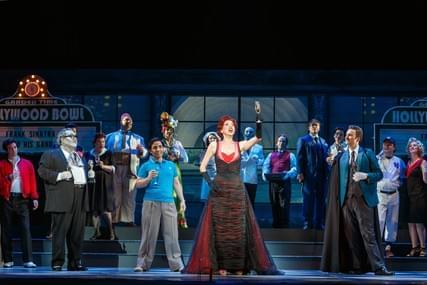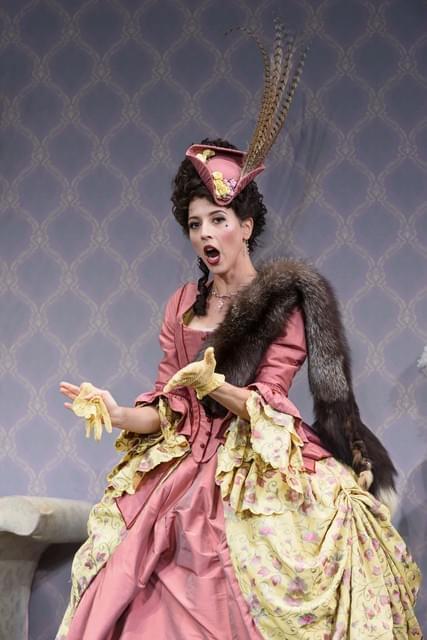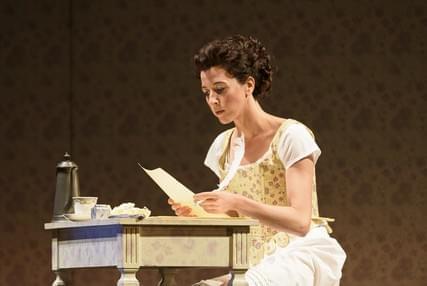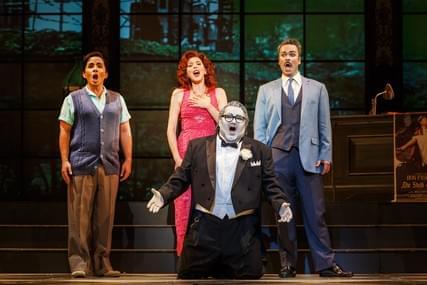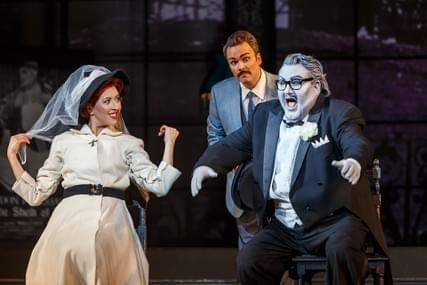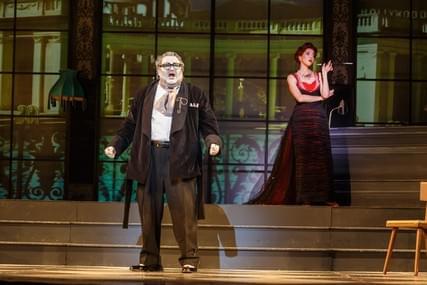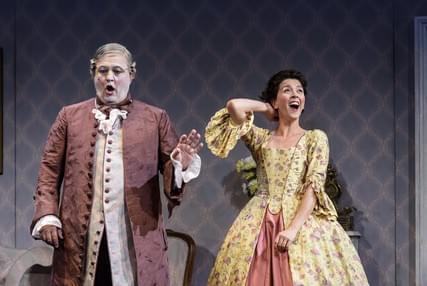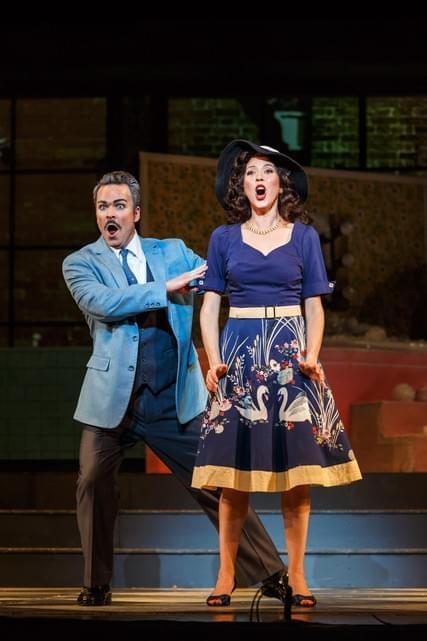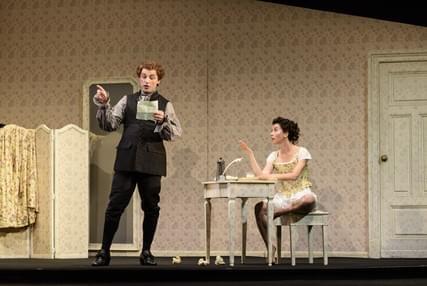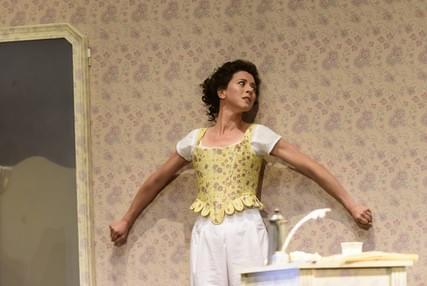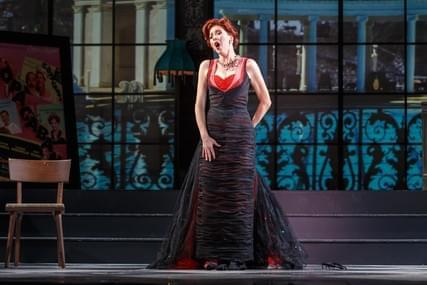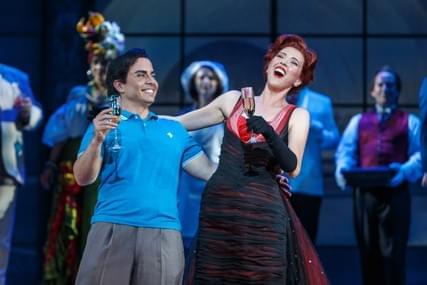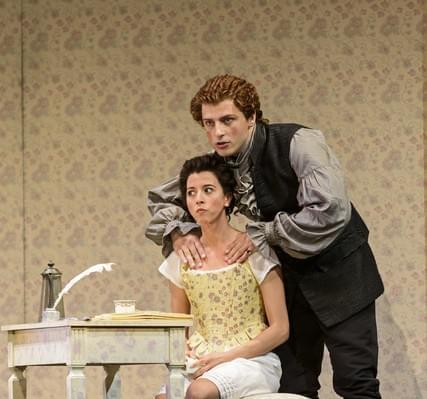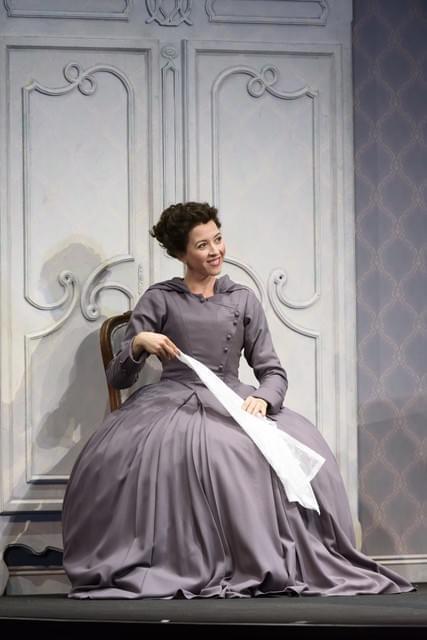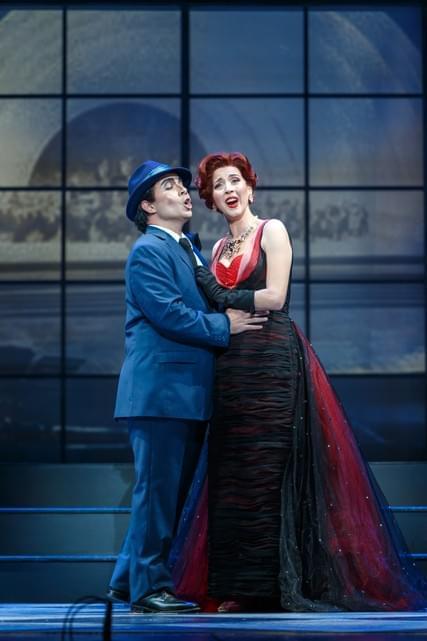Norina in Don Pasquale
Lisette Oropesa's portrayal of Norina in Donizetti's opera has been universally acclaimed across multiple reviews, highlighting her exceptional talent and unique interpretative skills. Common themes in the reviews emphasize her superb vocal ability, particularly her command over the coloratura passages, which she executes with precision and expressive dynamism. Her voice, described as having a sweet, fast vibrato, is noted for its clarity and ability to convey a wide range of emotions, making her performances stand out significantly. Critics have praised her technical prowess, especially her ability to accelerate into runs and shape dynamics seamlessly, leading to an exhilarating crescendo at high notes, which has left a lasting impression on audiences.
Beyond her vocal mastery, Oropesa's dramatic interpretation of Norina adds layers to her performance, making her portrayal notable. Reviewers have commended her acting skills, describing her as hilarious and endearing, with impeccable comedic timing that elevates the character's wit and charm. Her ability to embody Norina's cunning and playful nature is evident, as she skillfully balances the character's flirtatiousness with a deeper, more calculated ambition, using her looks and intellect to navigate social and financial landscapes. This multi-dimensional portrayal enriches the narrative and engages the audience, highlighting Oropesa's versatility as both a singer and an actress.
In summary, Lisette Oropesa's interpretation of Norina is celebrated for its vocal excellence and dramatic depth, combining technical precision with an engaging stage presence. Her performances have been described as revelations, setting a high standard for the role and leaving a memorable impact on both audiences and critics alike. Through her artistry, Oropesa not only meets the demanding bel canto requirements but also reinvents the character with a fresh, compelling perspective.
Lisette has been reviewed 9 times in this role.
Role Information
- Composer: Gaetano Donizetti
- Opera: Don Pasquale
- Performances: 18
- Reviews: 9
- Venues: 2
- Organizations: 2
- Years: 2017 - 2019
Famous Interpreters
The role of Norina in Gaetano Donizetti's "Don Pasquale" was first brought to life by the Italian soprano Giulia Grisi at the opera's premiere on January 3, 1843, at the Théâtre-Italien in Paris. Grisi was renowned for her charismatic stage presence and vocal agility, which made her interpretation of Norina both definitive and enduring. Born in Milan in 1811, Grisi came from a family of musicians and quickly rose to prominence in the operatic world. Her collaboration with Donizetti was significant, as she also created the role of Adelia in his opera "Adelia." Grisi's portrayal of Norina was marked by her ability to seamlessly blend the comedic and romantic elements of the character, establishing a standard for both vocal dexterity and dramatic wit. Her interpretation set a high bar for future sopranos, with her clear articulation and expressive phrasing forming the blueprint for the role's performance tradition.
In the years following Grisi's premiere performance, several sopranos have left an indelible mark on the role of Norina. One such interpreter was Dame Joan Sutherland, who was active from the 1950s to the 1980s. Known for her extraordinary vocal range and technical precision, Sutherland brought a sense of vocal opulence to Norina, emphasizing the bel canto purity of Donizetti's writing. Her 1963 recording of "Don Pasquale" with the Royal Opera House, conducted by Richard Bonynge, remains a benchmark for the role, with her dazzling coloratura passages and warm timbre offering a new dimension to Norina's character. Another notable interpreter was Beverly Sills, whose career peaked in the 1960s and 1970s. Sills infused Norina with a vivacious charm and a keen sense of comedic timing, bringing a modern sensibility to the role. Her 1979 performance at the New York City Opera showcased her ability to blend humor with heartfelt emotion, evolving the role into a more relatable and multi-dimensional character. These legendary sopranos each contributed uniquely to the legacy of Norina, illustrating the role's evolution from Grisi's initial portrayal, with each generation adding its own interpretive nuances to this quintessential operatic character.
About the Composer
Gaetano Donizetti, a prolific composer of the bel canto era, is celebrated for his extraordinary ability to blend lyrical beauty with dramatic depth. Born in Bergamo, Italy, in 1797, Donizetti's style is characterized by expressive melodies, intricate vocal lines, and a keen sense of theatricality. He composed "Don Pasquale" in 1842, during a period of personal and professional turbulence. Despite his struggles, Donizetti crafted this comic opera as a sparkling testament to his mastery of the opera buffa genre. The opera's significance lies in its brilliant fusion of humor and heart, with a sharp libretto that satirizes the follies of old age and love. Donizetti's vocal writing in "Don Pasquale" is both virtuosic and sensitive, allowing singers to showcase their technical prowess while conveying nuanced emotions. This opera remains a staple in the repertoire, adored for its effervescent charm and the composer's ingenious ability to bring characters vividly to life through music.

